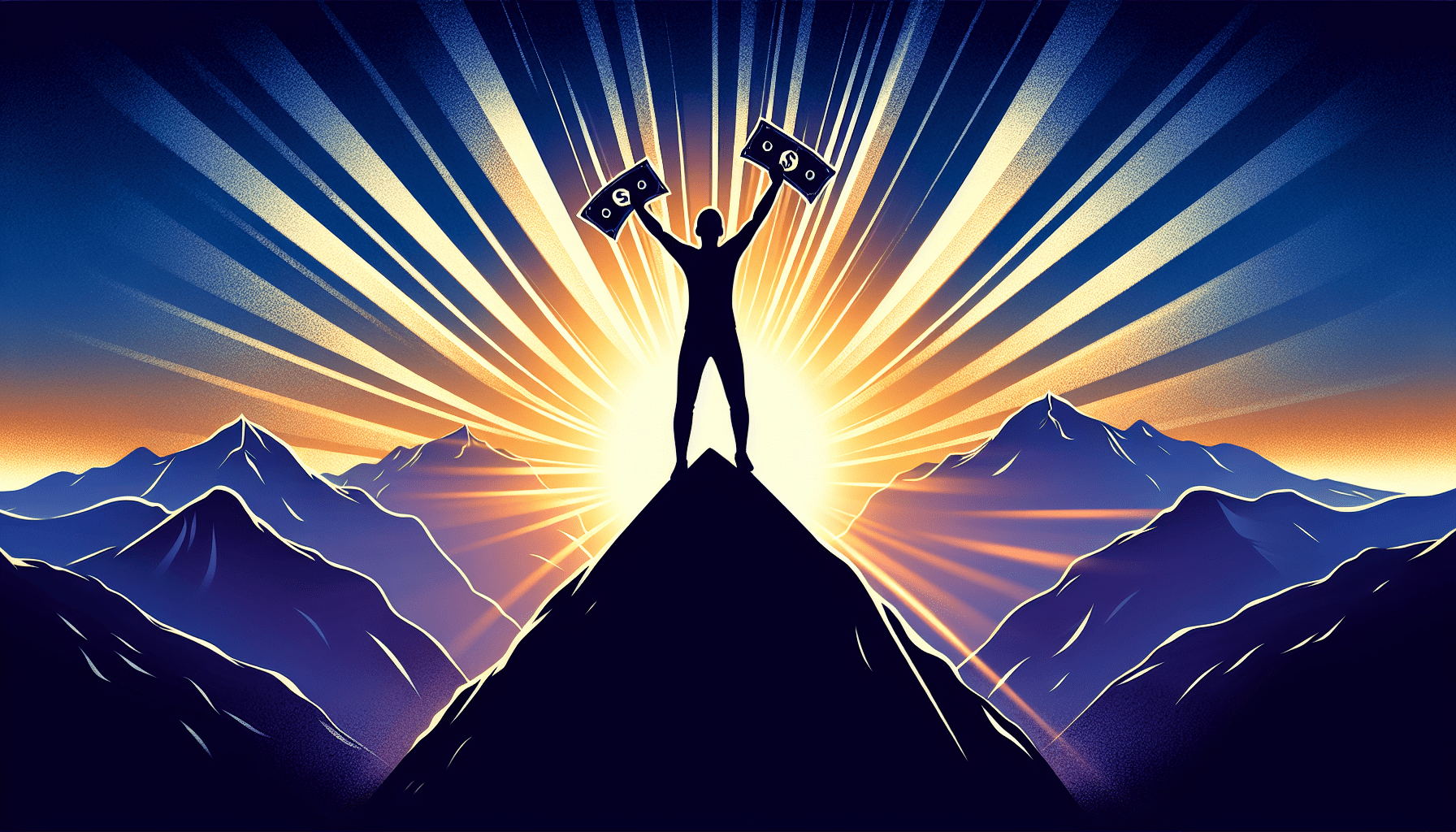Congratulations! When your personal loan is paid off, you can breathe a sigh of relief knowing that you’ve successfully managed your financial responsibilities. Not only have you fulfilled your repayment obligations, but you’ve also taken a step towards improving your creditworthiness. By demonstrating your ability to borrow responsibly and make timely payments, you’re building a solid foundation for better financial opportunities in the future. So, enjoy the sense of achievement that comes with paying off your loan and continue on your journey towards financial stability and success.
What Happens When My Personal Loan Is Paid Off?
So, you’ve diligently made your monthly payments, and your personal loan is finally paid off. Congratulations! But what happens next? In this article, we’ll explore the process and what you can expect once your personal loan is fully repaid.
Understanding Loan Payoff Process
Let’s start by understanding how the loan payoff process works. When you make your final payment on your personal loan, the lender will typically mark the loan as “paid in full.” This means that you have satisfied your debt obligation, and the lender has received the full amount borrowed, including any interest.
The Paid in Full Status
Reaching a “paid in full” status on your personal loan is a significant milestone. It shows that you have fulfilled your financial commitment and can now enjoy the peace of mind that comes with being debt-free. Take a moment to celebrate this achievement!
Closing Out Your Loan Account
Once your personal loan is paid off, your lender will close out your loan account. This means that the account will no longer be active, and you won’t owe any more payments on the loan. The closed account will still appear on your credit report, showing that you successfully repaid the debt.
Update Your Credit Report
After your loan account is closed, it’s essential to monitor your credit report to ensure that it reflects the loan’s paid-off status accurately. If there are any discrepancies or errors, you can dispute them with the credit reporting agencies to have them corrected.
Receiving Confirmation of Payment
Upon making your final loan payment, your lender will typically send you a confirmation of payment. This document serves as proof that you have fulfilled your debt obligation and can be kept for your records. It’s essential to hold onto this confirmation for future reference if needed.
Keeping Records for Future Reference
It’s a good practice to retain all documentation related to your paid-off loan for at least several years. This includes the confirmation of payment, any correspondence with the lender, and the final loan agreement. Having these records handy can be helpful in case of any disputes or inquiries in the future.
Potential Impact on Your Credit Score
Paying off a personal loan can have both positive and negative effects on your credit score. It’s crucial to understand how the loan payoff may impact your credit standing to make informed financial decisions moving forward.
Positive Impact on Credit Score
In most cases, paying off a personal loan can have a positive impact on your credit score. It shows lenders that you are capable of managing and repaying debt responsibly, which can improve your creditworthiness. A higher credit score can lead to better loan terms, lower interest rates, and increased borrowing opportunities in the future.
Negative Impact on Credit Mix
On the flip side, closing out a loan account can decrease the diversity of your credit mix, which is a factor that contributes to your credit score. If your personal loan was your only installment loan, closing it may slightly lower your credit score. However, the impact is typically minimal compared to the overall positive effect of paying off the debt.
Applying for Future Loans
Now that your personal loan is paid off, you may be considering applying for future loans or lines of credit. It’s essential to understand how your recent loan payoff may affect your eligibility and loan terms for future borrowing.
Reflecting on Your Financial Goals
Before applying for a new loan, take some time to reflect on your financial goals and needs. Consider why you need the additional funding, how much you can comfortably afford to borrow, and what type of loan best suits your situation. By evaluating these factors, you can make informed decisions about your borrowing needs.
Building a Positive Credit History
As you consider applying for future loans, keep in mind the importance of building a positive credit history. Timely payments, responsible debt management, and maintaining low credit utilization can all contribute to a healthy credit profile. These habits can increase your chances of qualifying for favorable loan terms and lower interest rates in the future.
Conclusion
In conclusion, paying off your personal loan is a significant achievement that can positively impact your financial health and credit standing. By understanding the loan payoff process, closing out your loan account, monitoring your credit score, and planning for future borrowing, you can navigate the post-loan payoff phase with confidence and success. Remember, being debt-free opens up new opportunities for financial growth and stability. Cheers to your financial success!



